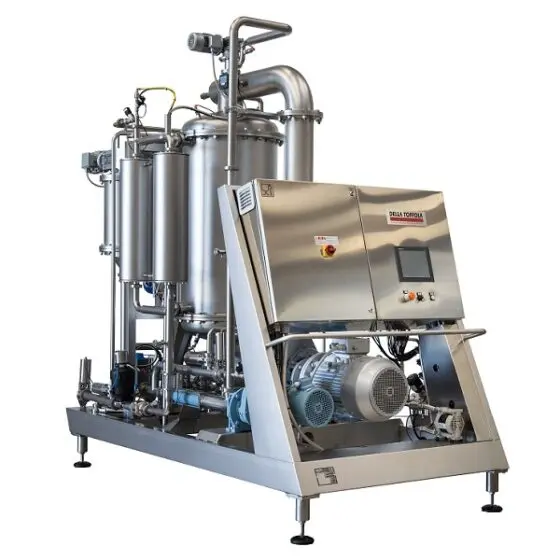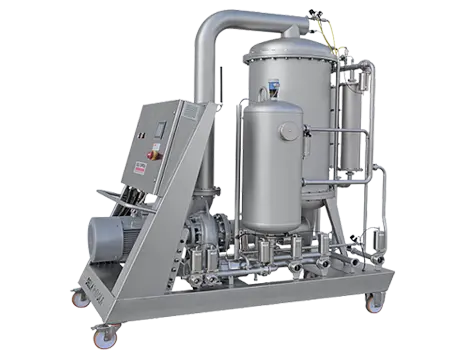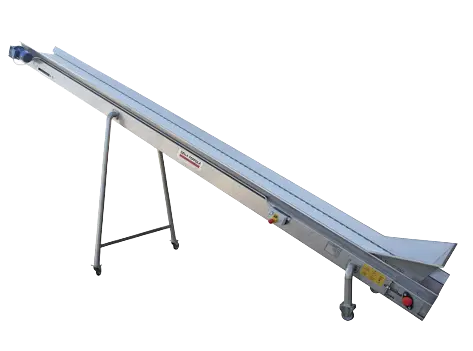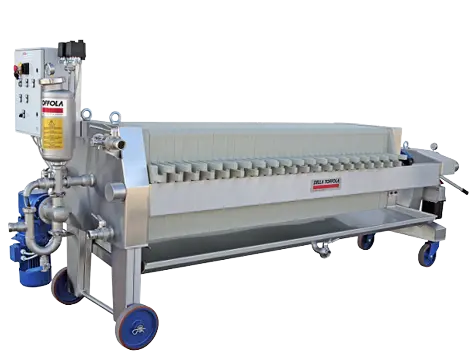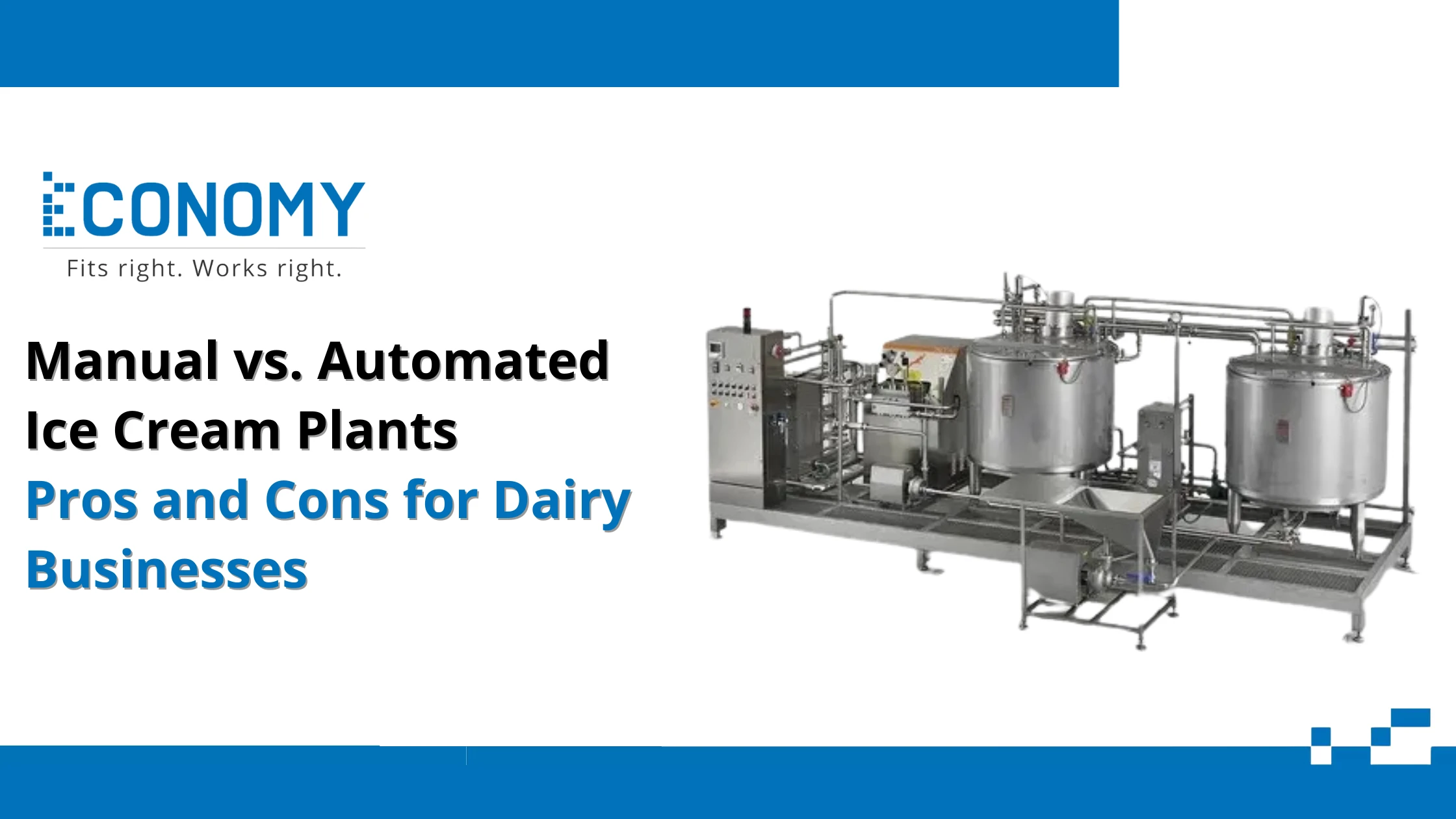The working processes (filtering cycles, and frequency of the backflow and washing cycles) are fully automated and there is no need for the operator to be on hand.. In addition, the user has the opportunity to set up and control the system online with any Android device connected to the Internet (by means of the optional remote control module).
The filters are available in various sizes (with filtering surface areas (from 20 to 118 m² of filtering surface area) and they can be customized to suit the needs of a particular client.
- Economy Solutions offers the most advanced Crossflow Filters on the market, featuring ceramic membranes.
- The OMNIA filters are suitable for a wide range of products, including wine, food, chemicals, pharmaceuticals, and industrial applications.
- These filters are designed to provide the best clarity and product yield, while also being able to withstand high temperatures, sterilization, and cleaning with aggressive chemicals.
- The working process is fully automated, with no need for the operator to be on hand. This includes filtering cycles, backflow and washing cycles.
- The user has the option to remotely control the system through an Android device, with the use of an optional remote control module.
- The filters come in a variety of sizes, with filtering surface areas ranging from 20 to 118 square meters, making it easy to find the right size for your application.
- Customizable options are available to meet specific client needs.
- The ceramic membranes used in the filters are known for their durability, efficiency and long-lasting performance.
- The fully automated process and remote control options make it easy for users to operate and maintain the filters.
- With its wide range of uses and customizable options, these crossflow filters are perfect for businesses in the wine, food, chemical, pharmaceutical and industrial sectors.
- Quick and easy to clean and service, excellent structural quality and plentiful integrated technology with the characteristics of the ceramic membranes
- Crossflow filters can be used to filter: clarified and unclarified wines, lees at the end of the fermentation process, lees remaining after a wine’s clarification, and products in the foodstuffs, chemical, pharmaceutical and industrial sectors.
Request for Product Specifications
